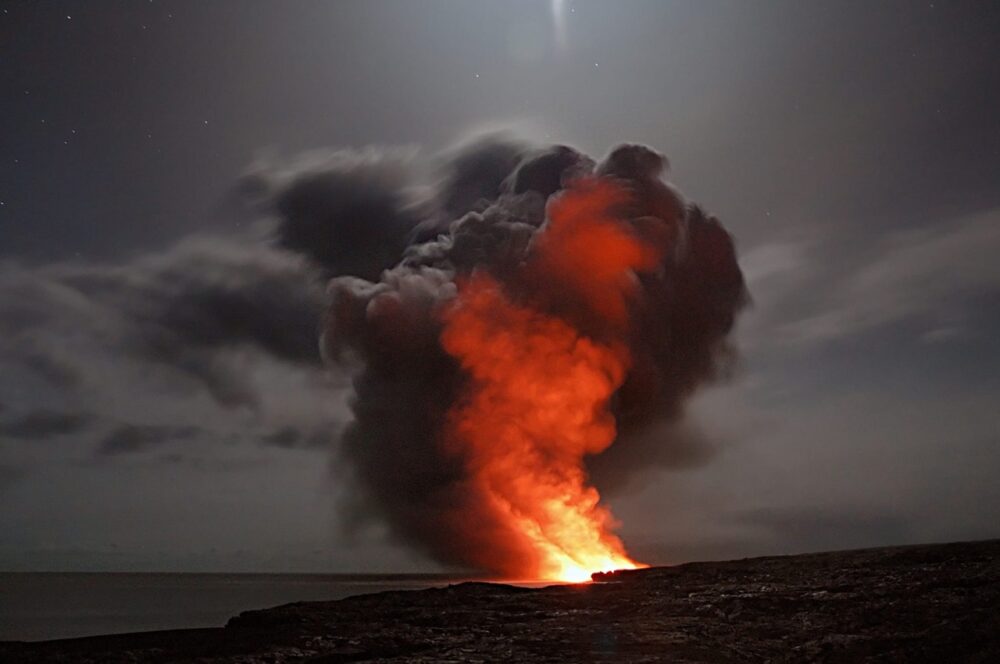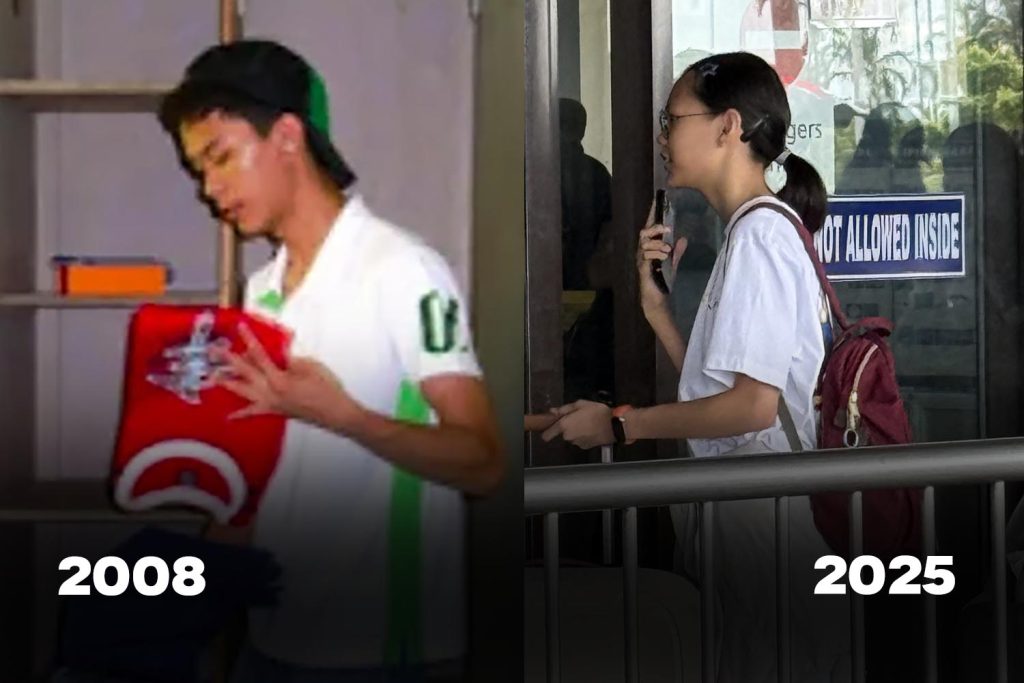Crisis preparation is much more easier said than done. Think about emergency preparation. It’s easy to line up a three-step plan of action when disaster strikes. But it’s a completely different ball game when fire strikes.
How do you deal with crisis then you’re in the middle of the storm? I reference back to the first night we were in Hong Kong during our recent family vacation. Inevitably we got lost. I had directed ourselves to the wrong bus riding the NA21 bus instead of the N21 going to our hotel from the airport. We were at the edge of Mongkok instead of going straight to Tsim Sha Tsui.
After the Bus driver shooed us off the bus, Ces started to scramble around looking for a Taxi. She tried to get Google Maps to work and trying to put some order in our lives. But I was too busy enjoying the view that was Hong Kong’s concrete jungle. To Ces I didn’t care about getting lost and about the welfare of our family. To me, she was missing the point of the vacation.
Looking back to that instance, I have come to realize the error of both our ways. I also now see the strong points of our perspectives. That’s why God was a genius to put me and Ces together. In times of crises, me and Ces have been a great tandem. That’s because we both represent two balanced views of what we need respond when we come under fire. Here are those two opposing yet essential perspectives.
Undying Optimism
I am an extreme optimist. It’s easy for me to see possibilities where others might see dead ends because I’m a strategic thinker. I like looking at the bright side, enjoying the journey and living in the now.
It’s important at all times to have undying hope that the best is still to come. Companies, organizations and families that are without undying optimism will fail to move forward. We find the resolve to fight through the direst of circumstances only through hope.
Reality Check
As bright as the future seems, sometimes reality bites. And it’s important that we have a clear view of what our current circumstance is. Ces is strong in this area. She provides great discernment and assessment of the current scenarios.
Back to Eastern Mongkok. I needed Ces to remind me that we were in the middle of nowhere in a nation that wasn’t our own. If she didn’t we would have remained lost all night.
In times of crisis, there is a need of a balancing act. This Admiral Jim Stockdale, a survivor of eight years of war imprisonment, acknowledged. When asked what made him persevere, he shared two important elements. An unwavering belief of freedom and a confrontation of the present reality.
How do you respond in times of crisis? Take into account the importance of having both an undying optimism and a good grip of reality.





